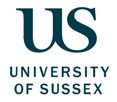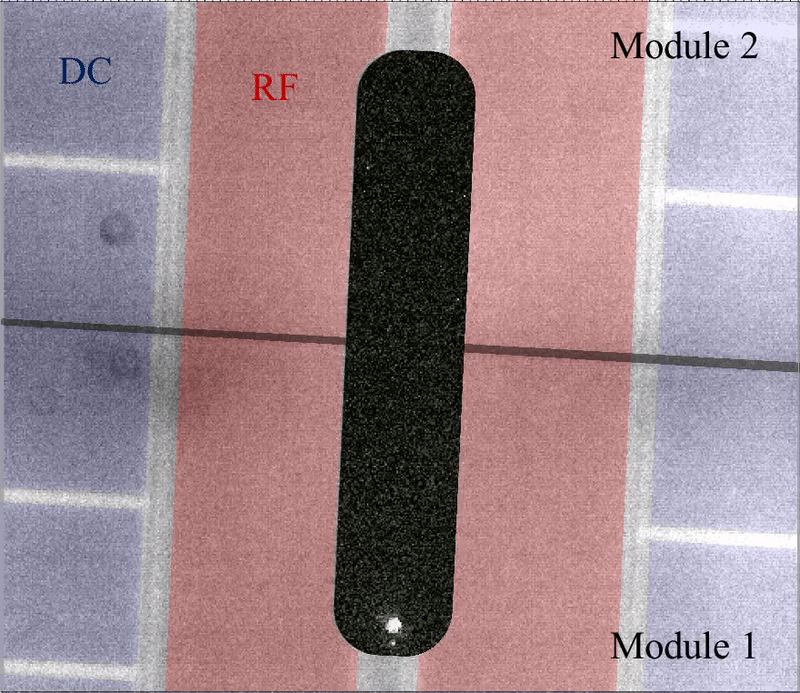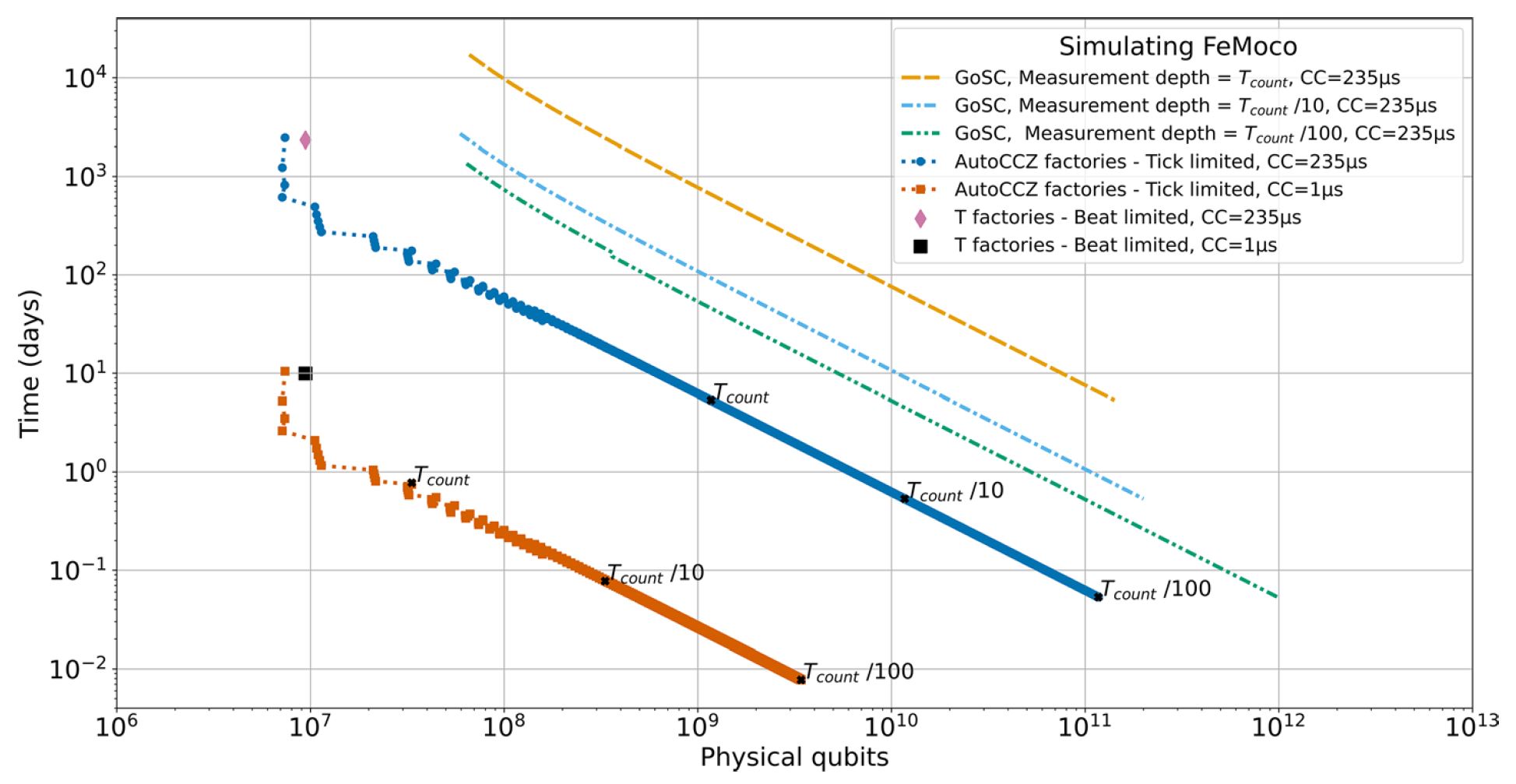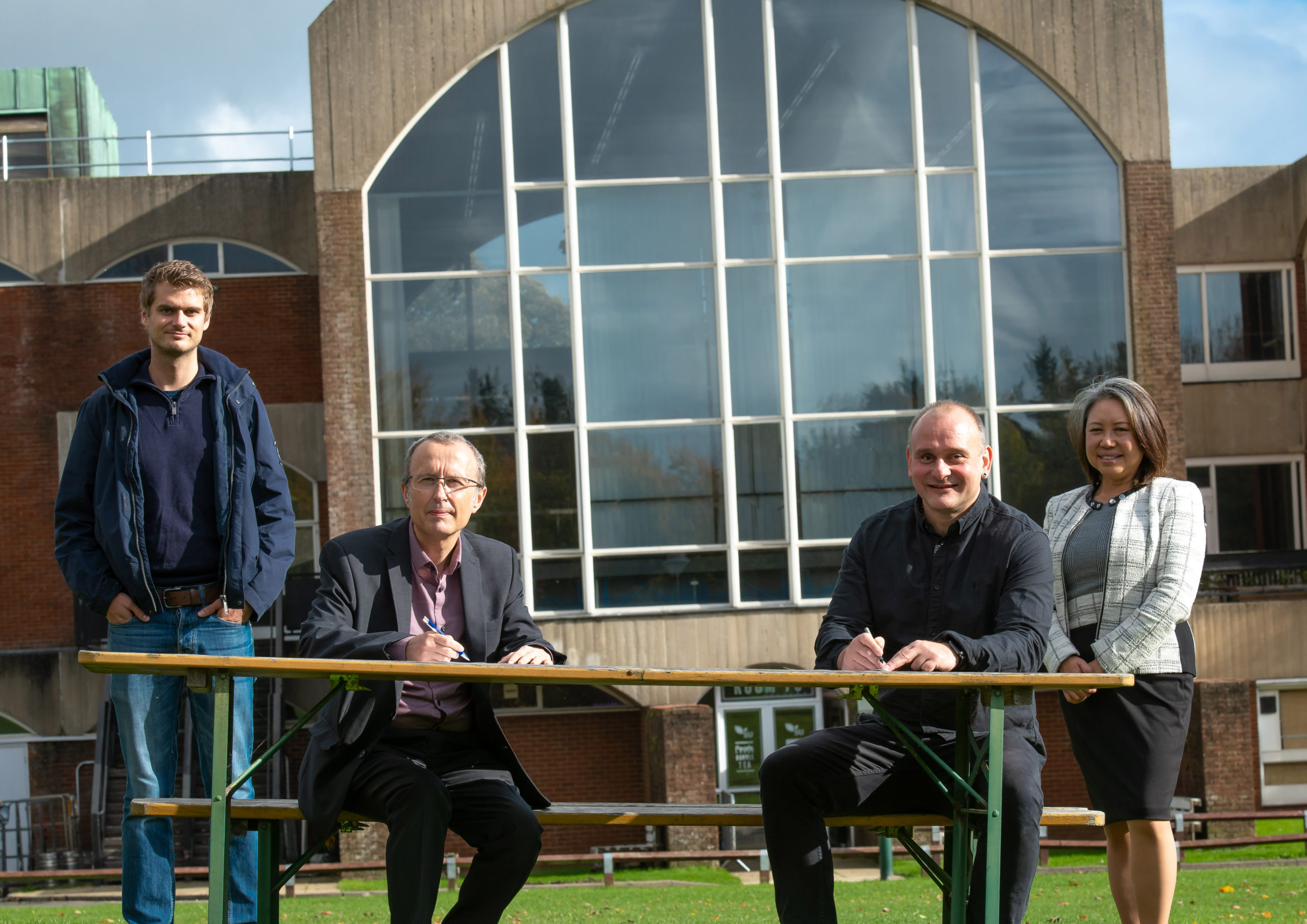Universities of Sussex and Bristol jointly launch £24m doctoral training centre
The University of Sussex, in partnership with the University of Bristol, has announced that it is to receive millions in funding to launch a brand new quantum technologies Centre for Doctoral Training (CDT). The Centre for Doctoral Training in Quantum Information Science and Technologies was one of 65 new CDTs announced yesterday (Tuesday 12 March) by the Science and Technology Secretary, Michelle Donelan.
It will receive £24 million of funding via the government’s Engineering and Physical Sciences Research Council (EPSRC), industry and other government organisations, as part of wider work to support leading research in areas the government has designated of national importance.





